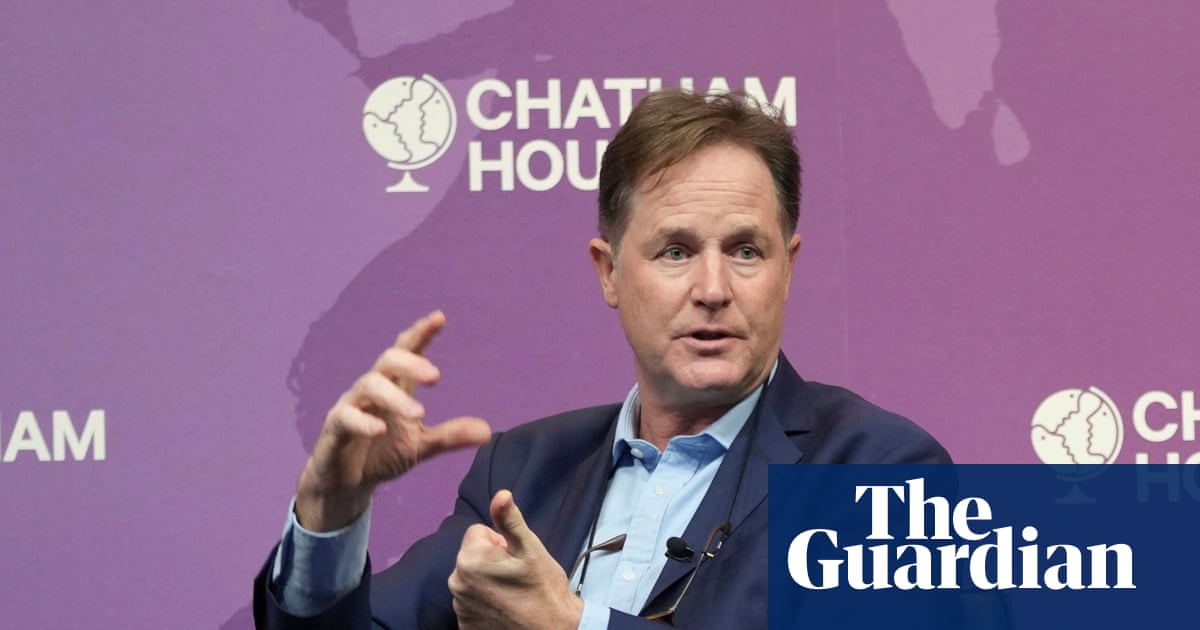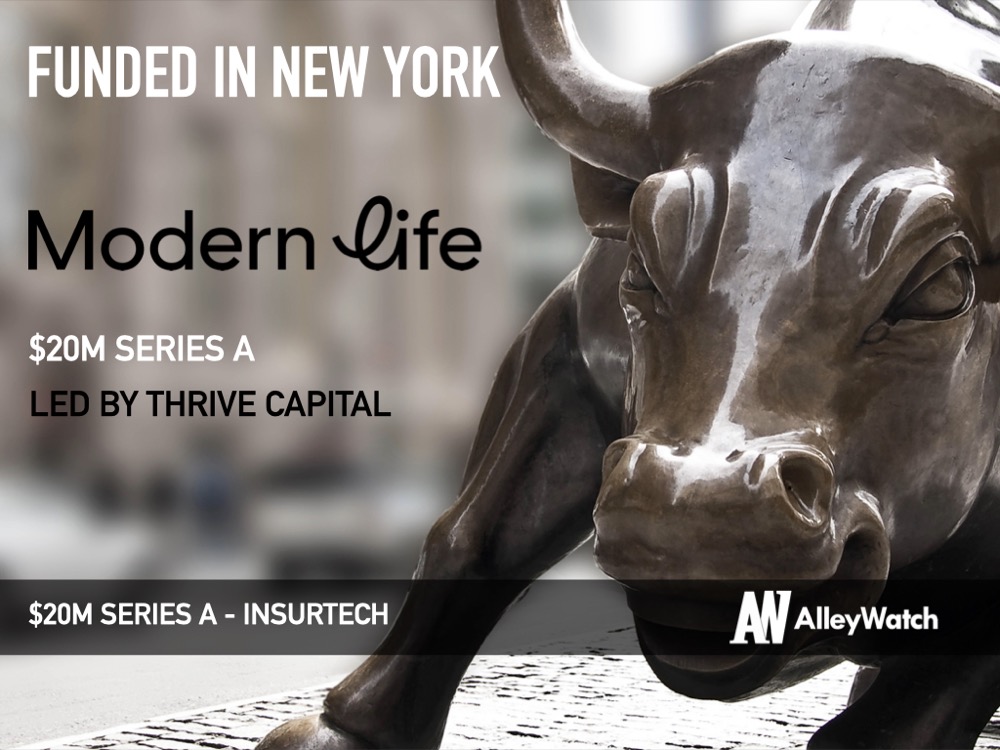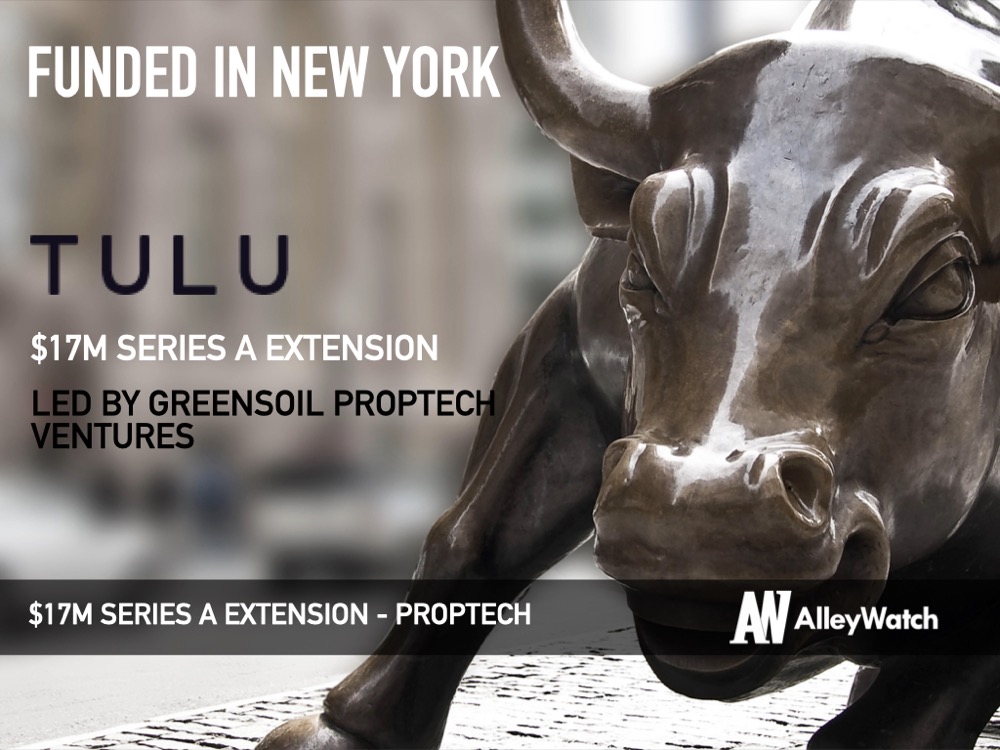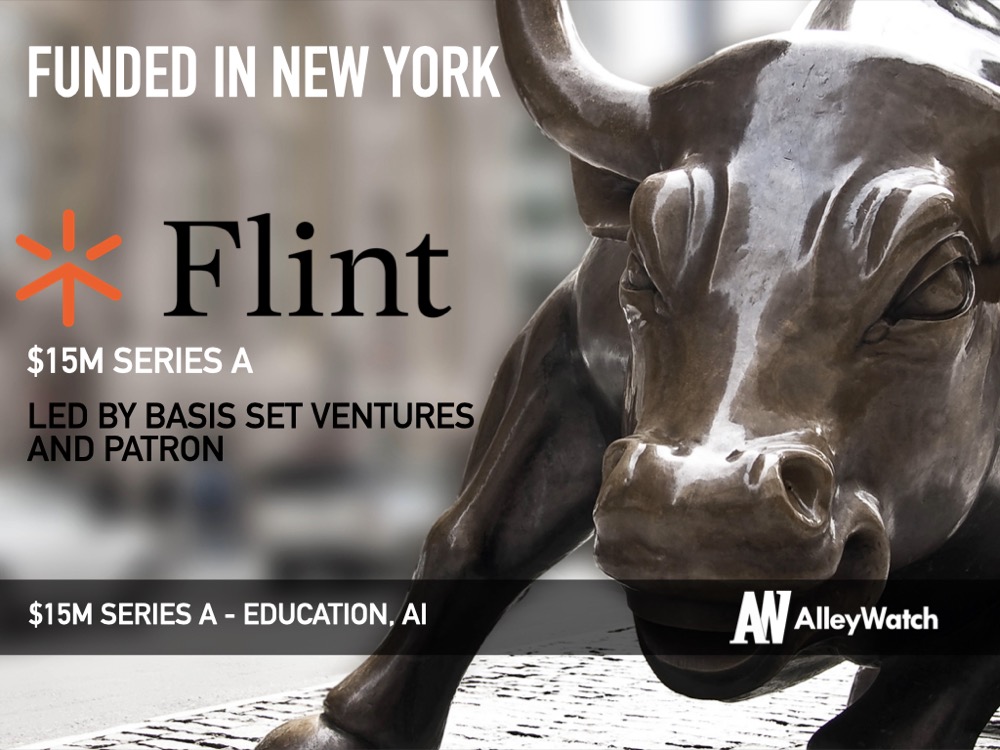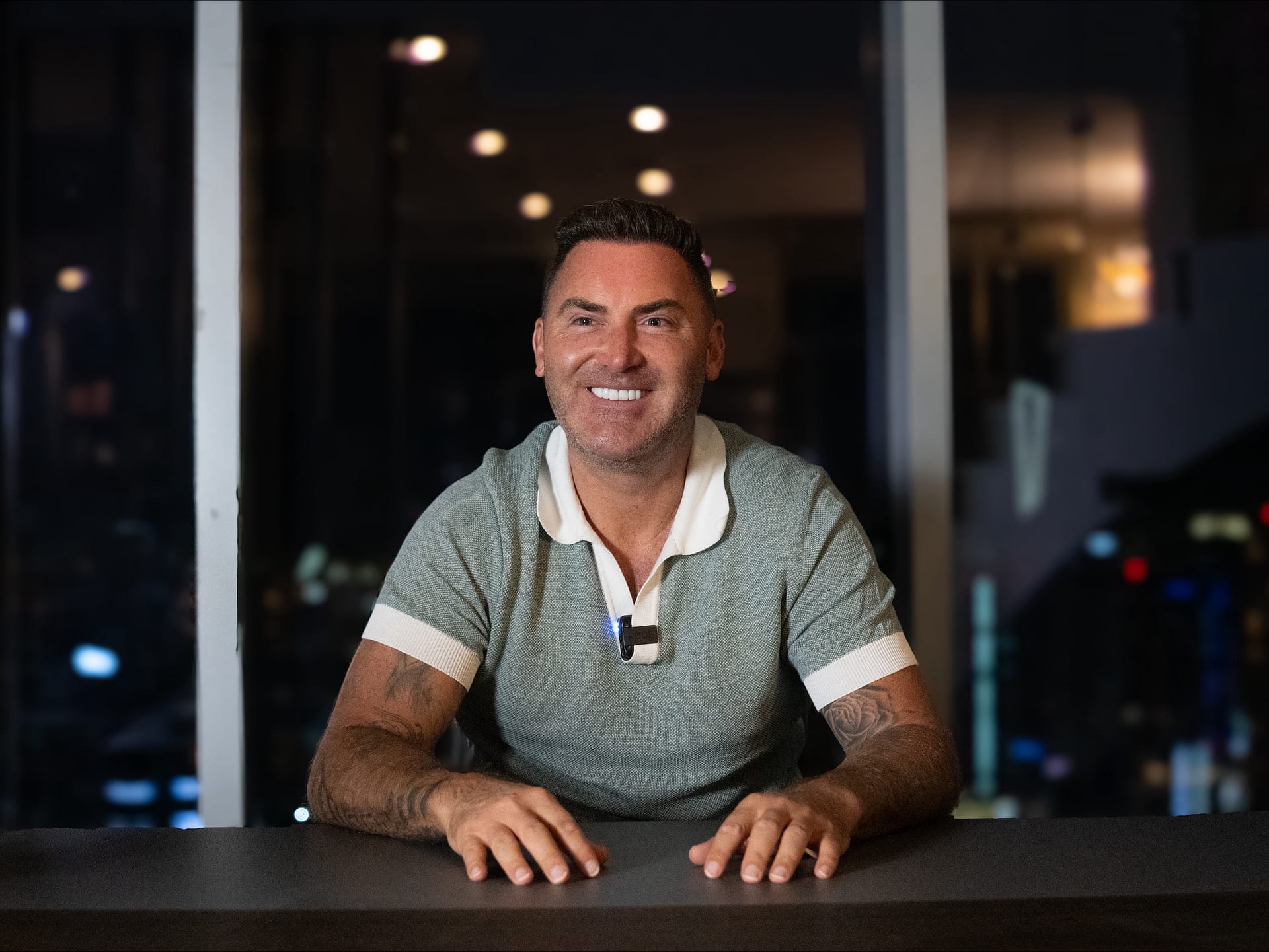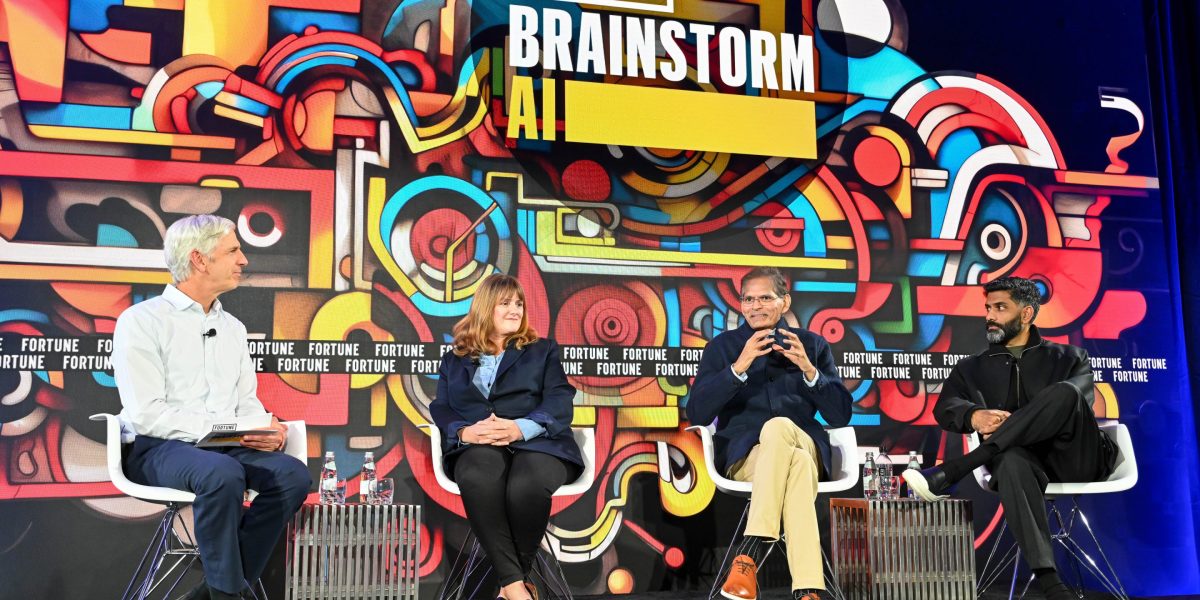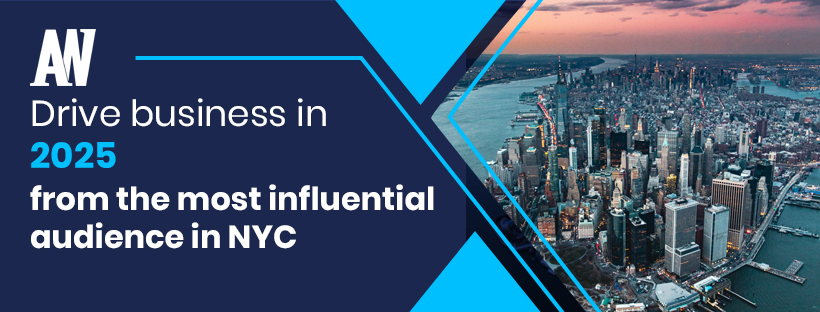#venture-capital
#venture-capital
[ follow ]
#ai #startup-funding #fundraising #nyc-startups #ai-startups #limited-partners #fintech #defense-tech #ai-investment
fromTechCrunch
22 hours agoIndia's Spinny lines up $160M funding to acquire GoMechanic, sources say | TechCrunch
Spinny, an Indian online marketplace for used cars, is raising around $160 million as it moves to acquire car services startup GoMechanic, TechCrunch has learned. The Series G round, which includes a mix of primary and secondary transactions, would value the 10-year-old startup at about $1.8 billion post-money, three people familiar with the matter said, broadly in line with its previous valuation.
Venture
fromFortune
4 days ago5 VCs sounds off on the AI question du jour | Fortune
Jenny Xiao, partner at Leonsis Capital and former researcher at OpenAI, came in with a nuanced take. There's something of a bubble, but it's "relatively contained" in the infrastructure layer with overinvestment primarily in data centers, GPUs and in large language model companies. But right now, there's actually underinvestment in the application layer because there are so many ways AI can make an impact in various enterprises, Xiao said.
Artificial intelligence
US news
fromFortune
5 days agoJamie Dimon taps Jeff Bezos, Michael Dell and Ford CEO Jim Farley to advise JPMorgan's $1.5 trillion national-security initiative | Fortune
JPMorgan Chase launched a $1.5 trillion national-security initiative with a high-profile advisory council and an initial $10 billion investment in security-critical companies.
fromBusiness Matters
5 days agoInvest in Women Taskforce hits 635m as Nationwide and British Business Bank join first close of landmark 'Women backing Women' fund
The Invest in Women Taskforce has surpassed its fundraising ambitions in a major boost for female entrepreneurship, announcing that it has now convened £635 million in commitments, more than double its original £250 million target set at launch in 2024. The milestone includes confirmation that Nationwide and the British Business Bank will join Barclays and M&G as anchor partners in the targeted £130 million first close of the groundbreaking Women backing Women Fund of Funds, subject to final terms and approvals.
Women
fromTruthout
1 week agoTrump Jr.-Backed Company Receives $620 Million Pentagon Loan
The Financial Times reported on Wednesday that Vulcan Elements - a tiny startup of 30 employees that specializes in producing rare-earth magnets used in drones, radars, and other pieces of military equipment - has scored a $620 million loan from the Pentagon as part of "a $1.4 billion deal to increase the supply of magnets for industries alongside partner ReElement Technologies."
US politics
Venture
fromTechCrunch
1 week agoDay One Ventures' Masha Bucher on why every founder needs to be an influencer | TechCrunch
Combining venture capital with hands-on PR helps startups break through noise and scale, as shown by Day One Ventures' early investments and multibillion-dollar portfolio successes.
fromTearsheet
1 week agoWhy venture capital infrastructure is finally getting automated - Tearsheet
The venture capital world has a liquidity problem. With IPOs scarce and M&A exits few and far between, investors have been stuck in positions for years, unable to return capital to their LPs or move into new opportunities. But while traditional exit doors have stayed shut, technology has opened up new ones-specifically, platforms that make it possible to create and trade Special Purpose Vehicles at scale, something that used to require armies of lawyers and fund administrators.
Venture
Venture
fromBusiness Insider
2 weeks agoAerospace and defense startups have raised over $19 billion this year. Here are the top deals of 2025.
Defense and aerospace startups raised over $19 billion in 2025 as the Pentagon shifts acquisitions toward startups prioritizing speed, volume, and AI-enabled weapons.
Venture
fromBusiness Insider
2 weeks agoThis top young technical VC reunited with his former colleague to deploy an unusually bold strategy for investing in AI startups.
Brian Zhan will write up to $30 million seed checks into about ten AI startups to secure promising technical founders before product-market fit.
fromComputerworld
3 weeks agoHow IT leaders can build successful AI strategies - the VC view
The AI gold rush these days is littered with abandoned enterprise projects, with humans - not the technology itself - being blamed for high failure rates of AI projects. Recent data indicates that stagnant AI projects were often the result of poor vision, mismanagement, and a lack of resources. Eagerness from the top to become "AI-first" companies is also putting pressure on C-suite execs and other IT decision-makers who might not have the budgets, systems, or tools for success.
Artificial intelligence
fromAlleywatch
3 weeks agoThe AlleyWatch Startup Daily Funding Report: 11/19/2025
The latest venture capital, seed, pre-seed, and angel deals for NYC startups for 11/19/2025 featuring funding details for Venn, Deduction, and much more. This page will be updated throughout the day to reflect any new fundings. Venn - $52M Series B Venn, an operating system for multifamily property management, has raised $52M in Series B funding led by noa and CIM Group. Founded by Chen Avni and Or Bokobza in 2016, Venn has now raised a total of $152M in reported equity funding.
Venture
fromLawSites
3 weeks agoFrom 'Who Luck' to 'Who's Here?': The TLTF Summit Continues to Excel, Even As It Expands
Produced by The Legaltech Fund, the first venture capital firm devoted exclusively to legal tech, it is a conference I previously dubbed the Davos of legal tech for the fact that it brings together leaders from across disciplines to engage in open and unfettered dialogue about the state and future of legal innovation. As someone who has attended all four summits, I've had a front-row seat to its evolution.
Venture
fromBusiness Matters
4 weeks agoWhat is Corporate Investing?
Corporate investing may sound like something that only happens behind closed boardroom doors, but quite simply, it's about making smart financial decisions. Companies invest in order to strengthen their future, balance their risk, and create more profit. Whether it's placing money in stocks, real estate, or cutting-edge tech, the goals of being resilient and profitable stay the same. Most businesses have been looking beyond the more traditional investment routes and into emerging areas. These are areas that include sustainability, green energy, and digital assets.
Business
fromInc
3 weeks agoThe Latest Perk Andreessen Horowitz Offers Startups? Going Viral On Demand
According to a recent blog post, the San Francisco-based a16z launched an internal branding and marketing arm called the "New Media team" several months ago in order to provide founders with "the legitimacy, taste, brandbuilding, expertise, and momentum they need to win the narrative battle online." This team will embed itself within portfolio companies when necessary, per the blog post.
Venture
Artificial intelligence
fromTechCrunch
1 month agoInside Harvey: How a first-year legal associate built one of Silicon Valley's hottest startups | TechCrunch
Harvey rapidly secured top-tier investors, surged to an $8B valuation, surpassed $100M ARR, and deployed Legal AI across major law firms and global corporate legal teams.
fromFortune
1 month agoKim Kardashian's Skims draws $5 billion valuation in reminder that, for the best consumer companies, there's always a market | Fortune
"Skims speaks to the power of a consumer product that resonates with a lot of people," said Shamin Walsh, BAM Ventures managing director, via email. "This is entirely different from the old direct-to-consumer days where they're buying revenue. Skims has clearly cracked a formula. If they are profitable and producing that much revenue, then it actually seems like a reasonable multiple based on the strength of the brand and the way they're expanding."
Venture
fromFortune
1 month agoCan Europe's financial markets fuel an industrial revival? | Fortune
Contrary to popular narrative, Europe is not short of cash. In aggregate, European households save $1.4 trillion a year-substantially higher than the $800 billion figure for U.S. households. According to data platform Dealroom, European investors in 2025 were sitting on $31 billion of dry powder, waiting to be invested. But where American capital is one of the U.S. economy's great strengths, famously accelerating business growth there, Europe's capital doesn't deliver in nearly the same way.
Miscellaneous
fromWIRED
1 month agoThe AI Boom Is Fueling a Need for Speed in Chip Networking
As the tech industry funnels billions into AI data centers, chip makers both big and small are ramping up innovation around the technology that connects chips to other chips, and server racks to other server racks. Networking technology has been around since the dawn of the computer, critically connecting mainframes so they can share data. In the world of semiconductors, networking plays a part at almost every level of the stack-from the interconnect between transistors on the chip itself,
Artificial intelligence
fromwww.theguardian.com
1 month agoKim Kardashian's Skims valued at $5bn after raising new funding
Kardashian's ventures, including her cosmetics brand SKKN, have attracted young shoppers and benefited from her vast social media following. Similarly, other celebrity-backed brands have also drawn venture capital investment, as firms bet on the marketing power and built-in audiences of high-profile founders to drive consumer demand. Elf Beauty agreed to buy Hailey Bieber's makeup and skincare brand, Rhode, for about $1bn earlier this year, while Rihanna-backed Fenty Beauty and Khloe Kardashian's Good American have also drawn venture capital funding.
Venture
Startup companies
fromBusiness Insider
1 month agoSam Altman's eye-scanning Orb startup wants to hit a billion users. It's less than 2% of the way there.
Tools for Humanity uses iris-scanning Orbs to issue World IDs and distribute Worldcoin, raising large venture funding amid questions about clear use cases and viability.
Startup companies
fromCornell Chronicle
1 month agoEntrepreneurs share insights at Eclectic Convergence 2025 | Cornell Chronicle
Early entrepreneurial ventures, complementary hiring, decisive action, and pitch competitions with funding accelerate startup growth and attract venture and institutional support.
fromFortune
1 month agoFounders are getting huge paydays before their startups are close to an exit-and that's fine with many VCs | Fortune
That was the case with crypto payments firm Mesh, which announced an $82 million Series B this year that included a $20 million payout to its founder. Ditto with the blockchain social network firm Farcaster, which raised an eye-popping $150 million Series A, but saw its CEO carve off at least $15 million of that. You can read about other examples here.
Venture
fromFortune
1 month agoThe innovation blind spot: how Silicon Valley ignores Middle America | Fortune
There's no shortage of noise coming out of San Francisco and New York with AI breakthroughs, billion-dollar valuations and the race to back the next big consumer app or fintech darling. With a crowded landscape sometimes influenced by hype, venture capital has developed a kind of tunnel vision. The fixation on what's shiny and fast-scaling has blinded many investors to the country's most foundational industries, which are the ones that really keep America running.
Venture
[ Load more ]








